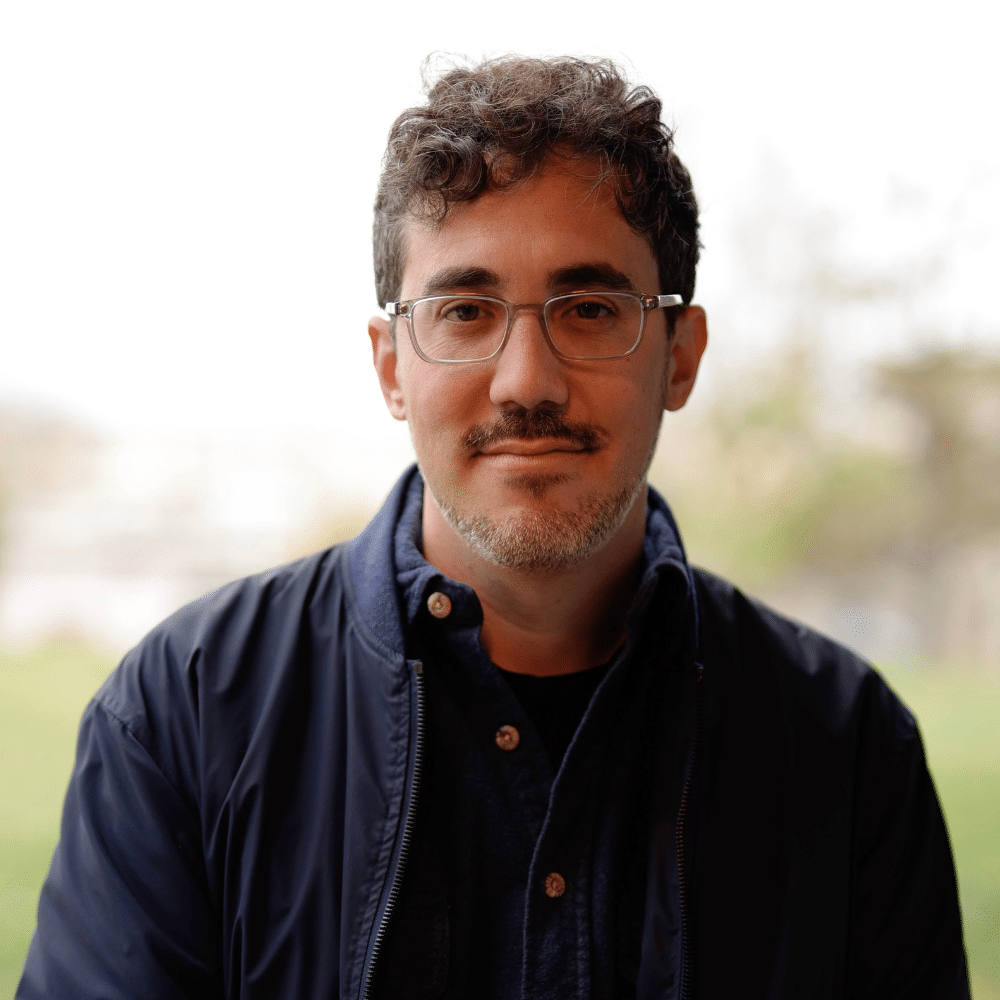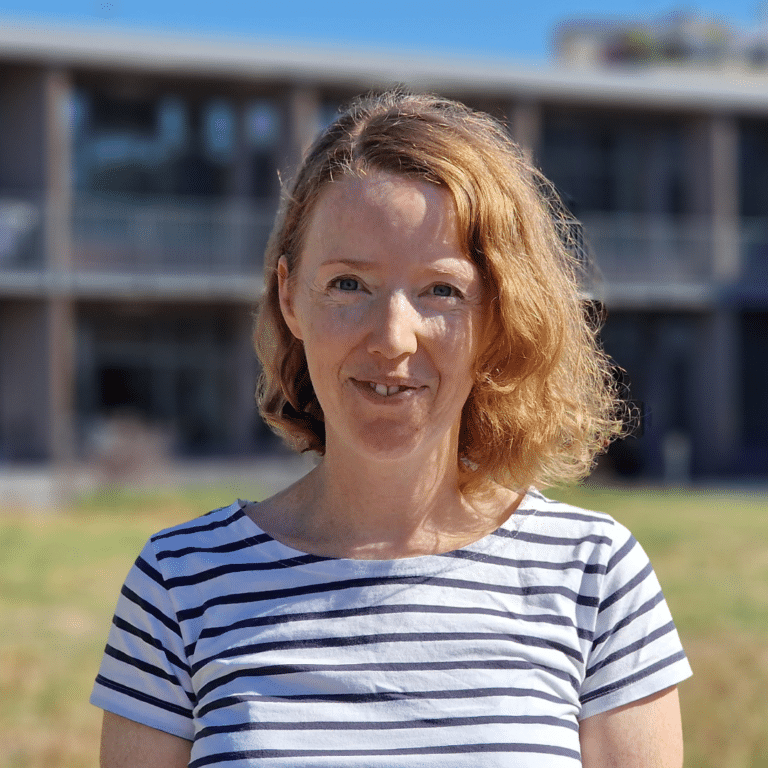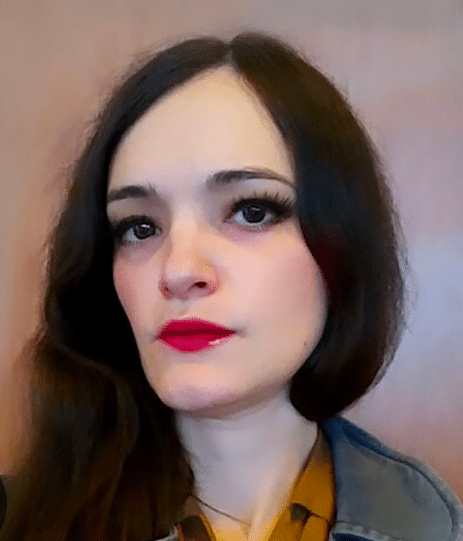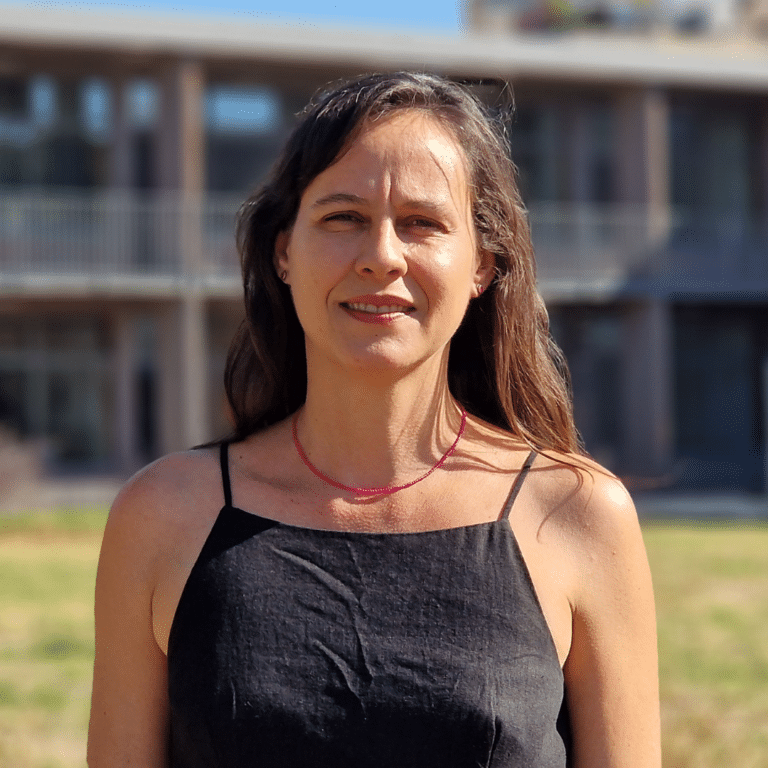
Philip Cartelli
Research project
The End of History
Summary of the research project
Philip Cartelli’s research project at Iméra, the Institute for Advanced Study of Aix-Marseille University, offers a thought-provoking exploration of history, reality, and political engagement. Through a nuanced investigation of the repercussions of an “anarchic” act, Cartelli seeks to initiate a broader reflection on the malleability of political narratives and our understanding of the world.
Temporal Perspectives
One of the central questions Cartelli tackles is the challenge of comprehending historical events from the vantage point of the present.
Drawing inspiration from Walter Benjamin, among others, Cartelli delves into the notion that history is a linear process, suggesting that events are not as straightforward as they appear. The historical reality of specific times is partly mediated by ideological concerns and individual or collective desires. Even those who didn’t agree with Francis Fukuyama’s provocative “The End of History” thesis in 1989 sensed a significant shift occurring, although this turned out to be just one of many superficial “turning points” that conceal other processes which may persist unchanged.
Cartelli explores the implications of such misinterpretations on our ability to grasp the present through the lens of history, prompting an inquiry into alternative ways of understanding our temporal realities that embrace transformation and speculative reflection.
An Exploration of Political Narratives
Cartelli’s current undertaking involves a multi-faceted artistic research project the foundation of which rests on an intriguing, albeit relatively obscure, event. This event, though small in scale, is no less extraordinary than the broader concerns that permeate our collective psyche daily.
At the heart of the project lies a captivating story. In 2009, purportedly, a group of American anarchists managed to steal the ashes of Leon Trotsky from his former residence in Mexico City. These daring anarchists then took a provocative step by incorporating Trotsky’s ashes into cookies, which they sent to leftist political organizations worldwide, accompanied by a note detailing their audacious act. However, their fear of being caught led them to leave no discernible traces of the theft. This peculiar scenario led to a paradox: the anarchists’ claims were either disregarded or dismissed, while they were unable to provide concrete evidence beyond the cookies that, in most instances, ended up discarded by recipients.
Investigation and Reflection: Understanding Political Engagement
More than a decade later, Cartelli revisits this enigmatic tale through dialogues with those involved and diverse political communities in the United States, Mexico, and beyond. Utilizing the story of the anarchists’ seemingly futile endeavor as a springboard, Cartelli raises broader inquiries about the nature of contemporary political activism and participation. This exploration hinges on the intricate challenge of distinguishing objective truth from fiction, and the very act of ascribing meaning to an event shrouded in doubt. By doing so, Cartelli challenges the contemporary relevance of truth as a foundational driver of political claims or as an ultimate endpoint.
Form and Cinematic Approach: Ambiguity and Reality
Cartelli takes inspiration from filmmaker Robert Kramer’s assertion that “Power is the possibility to define what is real,” which resonates deeply with the political and ideological dimensions of the documentary form. Throughout his films, Cartelli grounds his exploration in a reality that is simultaneously multi-layered and ethically nuanced. His body of work often revolves around the convergence of disparate narratives, with a dominant narrative intersecting with minor, concealed, or repressed ones.
Biography
Philip Cartelli is a moving-image artist and researcher whose film and video work has been exhibited at Locarno Film Festival, Edinburgh International Film Festival, Visions du Réel, Torino Film Festival, FID Marseille, and Film at Lincoln Center’s Art of the Real, among others. He holds a dual-PhD from Harvard University (where he was a member of the Sensory Ethnography Lab) and the Ecole des hautes études en sciences sociales (Paris) and was a participant in the Whitney Independent Study Program. He has received fellowships and residency grants from the Fulbright-Institute for International Education, the Wenner-Gren Foundation, Cittadellarte-Fondazione Pistoletto, Fondazione Zegna, The Camargo Foundation, The Valletta 2018 Foundation, Roberto Cimetta Fund, and Film Study Center at Harvard University, among others. He is currently Associate Professor in the Department of Visual Arts at Wagner College in New York City.



